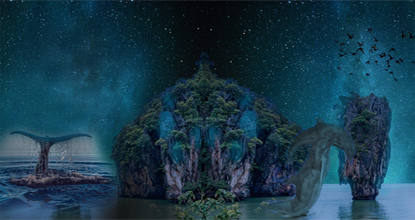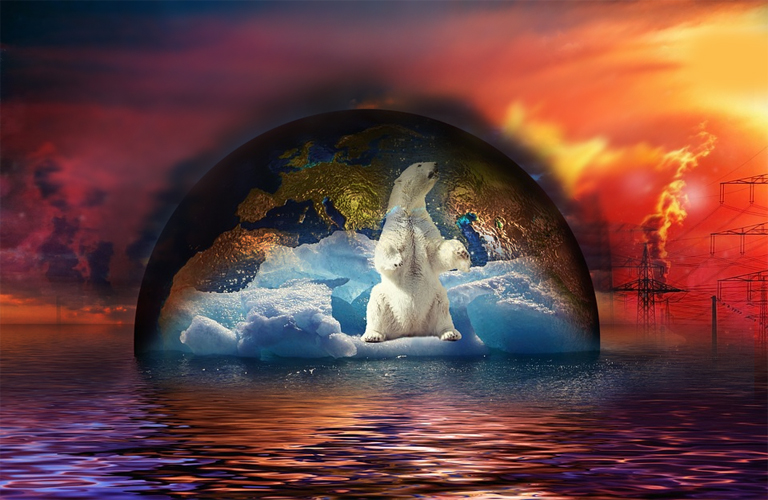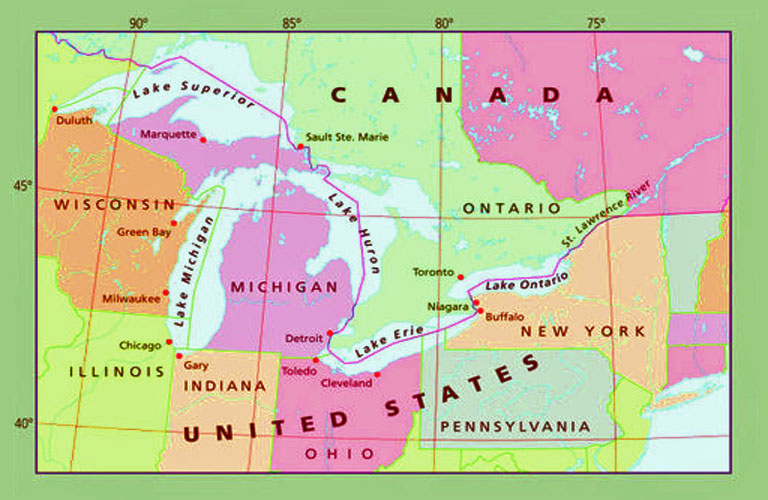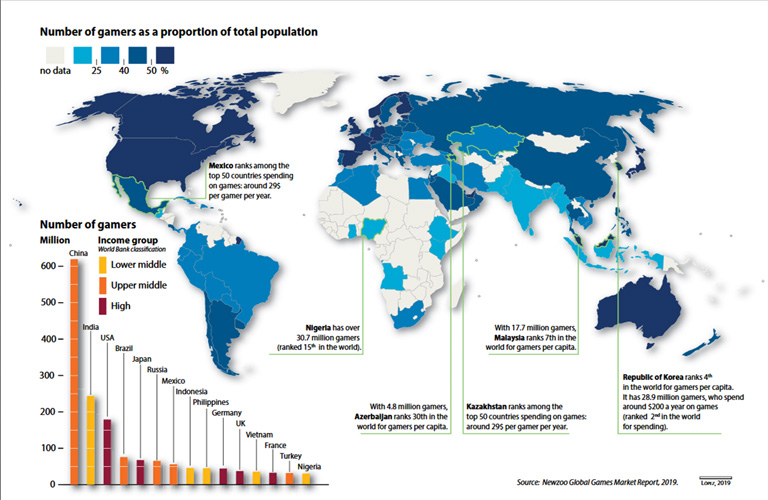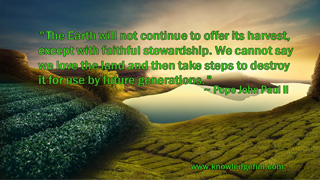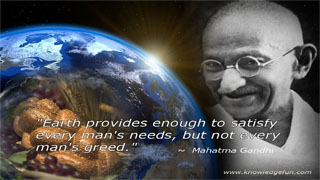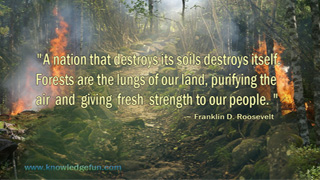Other Related Info and Links:
OARE
Launched in 2006, OARE is managed by the United Nations Environment Programme (UNEP) in partnership with Yale University and more than 60 publishers. 3000 institutions are now registered for access to these journals which can be searched through a number of abstracting and indexing databases. OARE provides access to more than 11,500 scientific journals covering a wide range of disciplines contributing to our understanding of the natural environment, including environmental toxicology and pollution, zoology, botany, geology, climatology, geography, environmental economics, environmental law and policy, environmental biotechnology, energy, and many other disciplines.
AGORA
Launched in 2003, AGORA (Access to Global Online Research in Agriculture) is managed by the Food and Agriculture Organization in partnership with Cornell University and over 65 publishers.Over 3100 institutions have registered for access to AGORA which provides access to over 13,000 high quality international journals covering agriculture, fisheries, food, nutrition, veterinary science and related biological, environmental and social sciences. The journal can be searched using a special subset of CAB Abstracts.
GOALI
Launched in 2018, GOALI is a new programme that provides free or low cost online access and training to law and law-related content. GOALI is coordinated by the International Labour Organization (ILO) and its partners, Brill Nijhoff, as founding publisher and initiator of the programme, the International Training Centre of the ILO, Lillian Goldman Law Library at Yale Law School and the Cornell Law School Library as academic partners. The aim of GOALI is to improve the quality of legal research, education and training in low-income and middle-income countries, and in turn strengthen legal frameworks and institutions and further the rule of law.
HINARI
Launched in 2002, HINARI (Health Inter Network Access to Research Initiative) is managed by the World Health Organization in partnership with Yale University Library and over 160 global publishers. 6200 institutions in over 100 countries have already registered for access to Health Inter Network Access to Research Initiative, which provides access to up to 14,900 peer-reviewed journals covering medicine,nursing and related health and social sciences. It also includes many databases, indexes and reference books, as well as journals in several languages. The journals can be searched through a special and easy-touse version of PubMed (Medline).
ARDI
Launched in 2009, ARDI is coordinated by the World Intellectual Property Organization. The aim of ARDI is to promote the integration of developing and least developed countries into the global knowledge economy. ARDI provides access to up to 7,300 journals and up to 22,000 e-books in diverse fields of science and technology. ARDI program seeks to support researchers in developing countries in creating and developing new solutions to technical challenges faced on a local and global level.
AIARD
AIARD (Association for International Agriculture and Rural Development) is an association of U.S. and internationally-based members who have devoted their careers to global agricultural development and hunger alleviation. AIARD members are development professionals from universities, non-governmental organizations, private sector firms, consulting companies, government and donor agencies, and foundations. The association represents the extensive disciplinary base of agricultural and related social science skills necessary to carry out global agricultural development and hunger alleviation programs.

